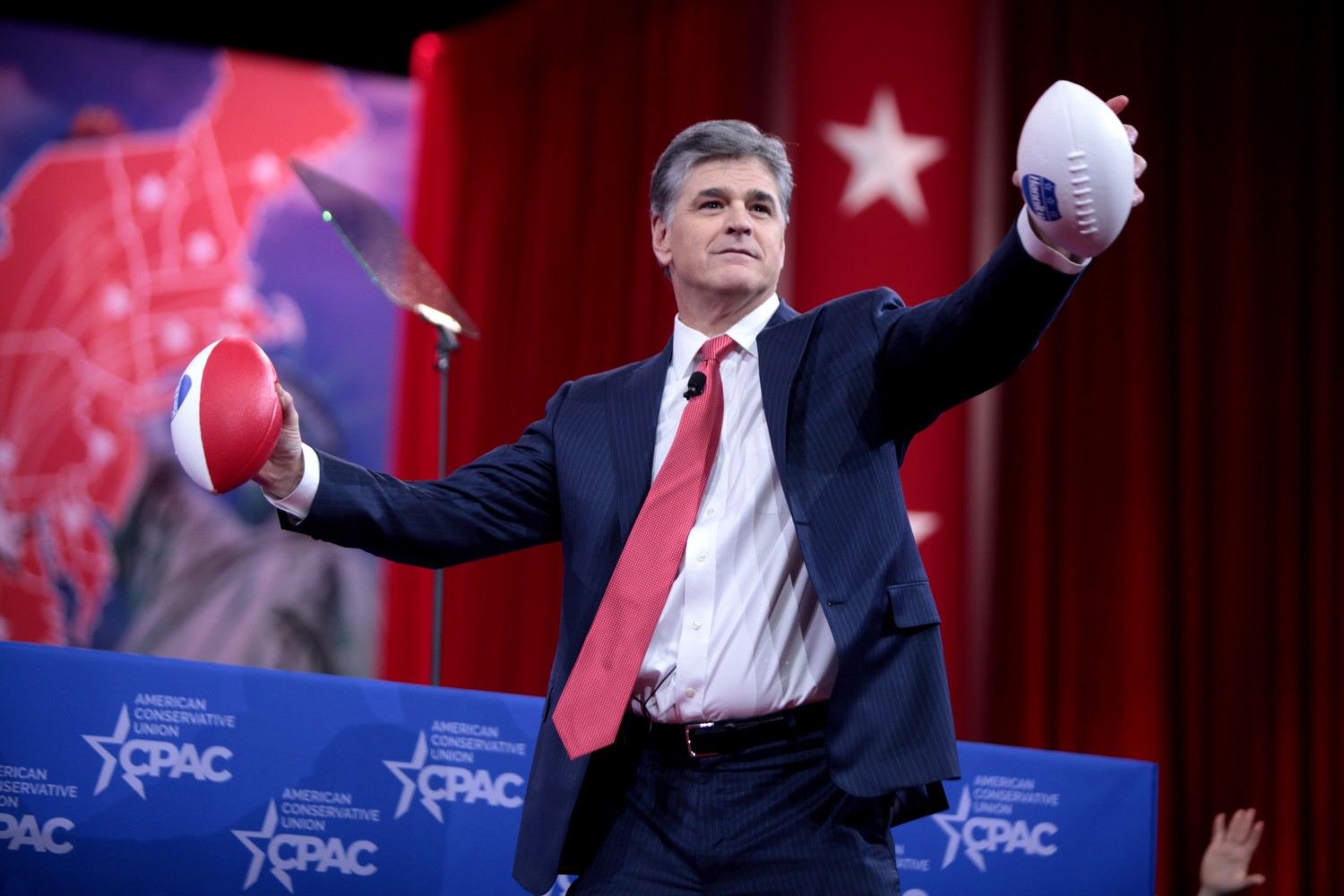Views expressed in opinion columns are the author’s own.
They say to never discuss politics or religion at the dinner table. But with the U.S. as politically polarized as it is today, private companies can no longer follow this age-old advice. Recently, there have been multiple instances where a business received support or backlash from consumers in response to choices that appeared politically motivated. This shift in the customer relations landscape requires companies to deftly handle political issues or risk losing profit. Companies need the foresight to balance human compassion and their own values if they want to navigate controversial issues.
The prospect of tackling political issues may seem intimidating to corporate executives who fear negative responses from their customer base. The experiences of coffee company Keurig Green Mountain over the past week have done little to ease these fears. After Sean Hannity’s dismissive attitude toward the sexual misconduct accusations surrounding politician Roy Moore, Keurig Green Mountain and several other corporations pulled their television advertisements from Hannity’s show. In response, Hannity supporters across the country have been smashing their Keurig coffee makers. Hannity himself even encouraged his fans over Twitter to keep at it.
Keurig Green Mountain officials stated that they did not intend to make a political statement by pulling the advertisements. Even if unintentional, Keurig’s statement serves as a median for gauging how well a company can respond to political controversy. They have not backed down from their beliefs but should have been more aware of the political ramifications of making a statement against the expressed beliefs of a major figure in right-wing politics.
While Keurig Green Mountain’s actions received mixed responses, some businesses haven’t fared as well. For instance, this year the NFL became “one of the most divisive brands in the U.S.” because it allowed kneeling during the National Anthem despite President Trump’s demands. As a result, some Trump supporters tend to view the NFL more negatively, and there isn’t much the NFL can do about it at this point.
Due to the indecision of league management, the disagreement over the National Anthem protests divided not only fans but also players, coaches and owners. While companies should not shy away from political issues, they also must show commitment to their beliefs and an understanding of potential reactions to these beliefs. The NFL was unable to exhibit either of these qualities.
Papa John’s was snowballed into the NFL controversy after CEO John Schnatter blamed his company’s poor sales on the league’s failure to handle protests a few weeks earlier. The alt-right embraced Papa John’s after it made the statement. The company later issued an apology and clarification, tweeting this week, “We will work with the players and league to find a positive way forward. Open to ideas from all. Except neo-nazis.”
There’s some tragic irony in this situation. By criticizing the NFL’s clumsy handling of protests, Papa John’s ended up demonstrating the same clumsiness in its inability to foresee the potential for political divisiveness in its original statement.
Although some businesses struggle to handle political issues, there are some who have been very successful. In the midst of National Anthem protests this fall, many were concerned about how the NBA would handle the controversy in a league where almost three-quarters of the players are African-American. Officials proved to be decisive, genuine and understanding in their memo to the league. The league was quick to cite an NBA rule mandating standing during the National Anthem but also encouraged alternative forms of protests, including public service announcements and video tributes about social issues.
The message was effective. Players are able to, with the full backing of the NBA, take on initiatives to combat the inequalities the National Anthem protests looked to highlight, without the associated political backlash.
More companies will undoubtedly face politically polarizing issues that could affect profitability. Moving forward, executives must exhibit firmness, sincerity and empathy when handling a politically charged situation, anticipating consequences before they occur. Their companies’ shareholders will thank them.
Sydney Wess is a junior art history and broadcast journalism major. She can be reached at swess@terpmail.umd.edu.



